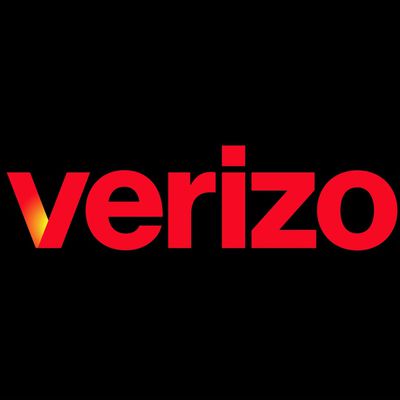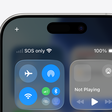Up to 14 million Verizon subscribers may have had their sensitive data exposed by Nice Systems, a partner of Verizon, reports ZDNet. Subscriber records from users who called customer service over the past six months were located on an unprotected Amazon S3 storage server controlled by Verizon partner Nice Systems.
The data, which included customer names, phone numbers, home addresses, email addresses, and account PINs, was accessible to anyone who found what ZDNet says was an easy-to-guess web address. That PINs were made available is concerning as a PIN is what's used to verify a customer's identify and make changes to an account.

The customer records were contained in log files that were generated when Verizon customers in the last six months called customer service. These interactions are recorded, obtained, and analyzed by Nice, which says it can "realize intent, and extract and leverage insights to deliver impact in real time." Verizon uses that data to verify account holders and to improve customer service.
There were six folders for the months between January 2017 and June 2017, which included customer calls from several different US regions. Records included "hundreds of fields of additional data" beyond name, phone number, and PIN, like current account balance, a list of Verizon services, and more. No audio files were found, though the log files were based on calls. Some of the data was masked, but it's not clear what was hidden and what was exposed.
Verizon was informed of the leak in late June and it took more than a week for the information to be secured. Verizon told ZDNet it is investigating how information was improperly stored on the Amazon Web Services server. The company also said the "overwhelming majority" of the data has "no external value" and there's "no indication that the information has been compromised."
"Verizon provided the vendor with certain data to perform this work and authorized the vendor to set up AWS storage as part of this project," said a spokesperson. "Unfortunately, the vendor's employee incorrectly set their AWS storage to allow external access."
Verizon customers who have called in to customer support over the course of the last six months should update their PINs as a precaution.
Update: Verizon released a press statement clarifying that no one accessed the data, so there was no theft or loss of customer information. Verizon also says that only 6 million unique customers were affected and those customers were part of its residential and small business wireline.




















Top Rated Comments
Allowing such information to become available to the public by simply following a URL which wasn't secured is far from "fake news". It's very much real news and very much an oversight that could have been easily avoided.
There seems to be these sorts of comments every time there's any type of privacy leak and frankly I'm sick of reading it. "Who cares, if you're part of Google's ecosystem, or use Facebook, people know this stuff anyway. You think you're safe? LOL."
It's a hugely dismissive argument. Yes, people can always find stuff about you if they look hard enough or have the sufficient knowledge. There's no such thing as 'real privacy' on the Internet; nobody is denying that. But that doesn't somehow justify even more people or companies making it easier to do so.
Also your assumption that everyone who uses Verizon customer service uses those other services you talked about seems ludicrous.
Should we not know that our PINs may be in the hands of someone other than the account holder or Verizon?
after translating from Marketing to English becomes:
"had their sensitive data exposed by Nice Systems"